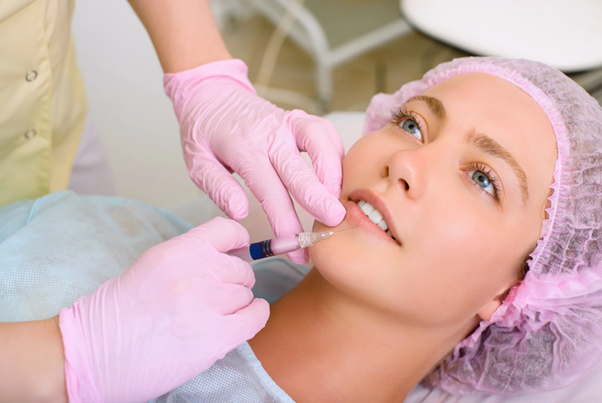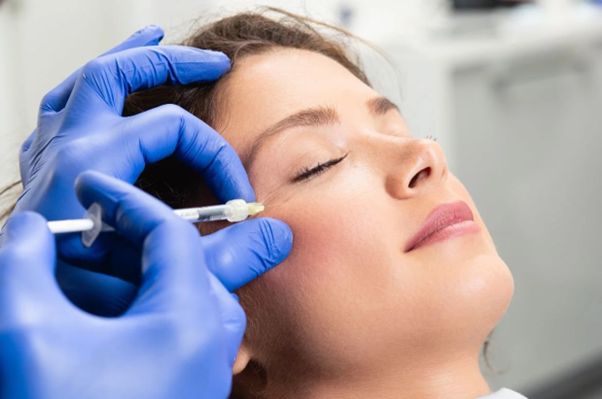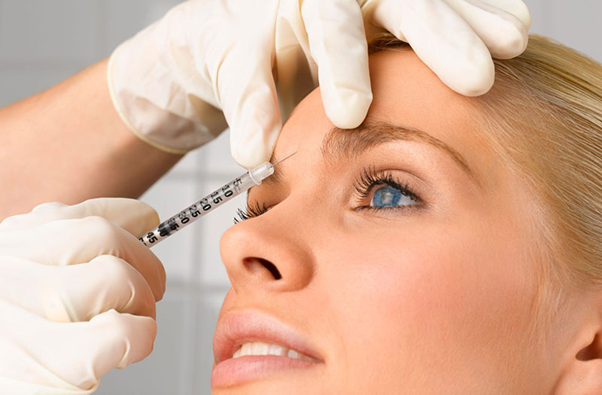Gynecological diseases are a common health problem that affects the lives and spirits of many women around the world. Understanding the causes as well as basic information about gynecological infections is important to protect women’s health. Here are some things you need to know about common causes of gynecological diseases and gynecological infections.
Gynecological diseases and common causes
The term “gynecological disease” is often used to refer to a variety of pathologies and health problems that women can suffer from in the gynecological area, including the uterus, vagina, uterine ovaries, and outside the vagina. These problems can include infections, inflammation, and other problems related to women’s health.
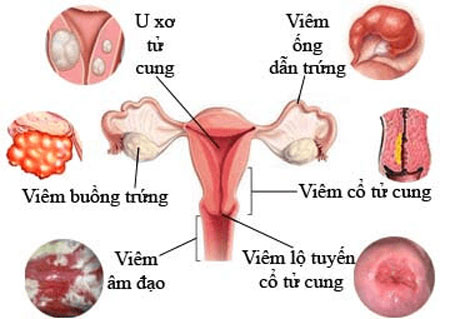
The main causes usually come from the following factors:
Bacteria and Fungi:
Bacteria such as Chlamydia, Gonorrhea and Candida are common causes of gynecological diseases. Their overgrowth can lead to inflammation and cause uncomfortable symptoms such as itching, pain and unpleasant odors.
Hormone changes:
Hormonal changes in the body, especially during menstruation, pregnancy, and menopause can create favorable conditions for the growth of bacteria and fungi, causing gynecological problems.
Lifestyle and nutrition:
An unbalanced diet, lack of nutrition and a sedentary life can weaken the immune system, increasing the risk of gynecological diseases.
Using chemicals and supporting tools:
Using personal care products containing chemicals can change the pH balance in the intimate area, creating conditions for the growth of bacteria and fungi. As well as excessive use of support devices such as tampons can increase the risk of infection.
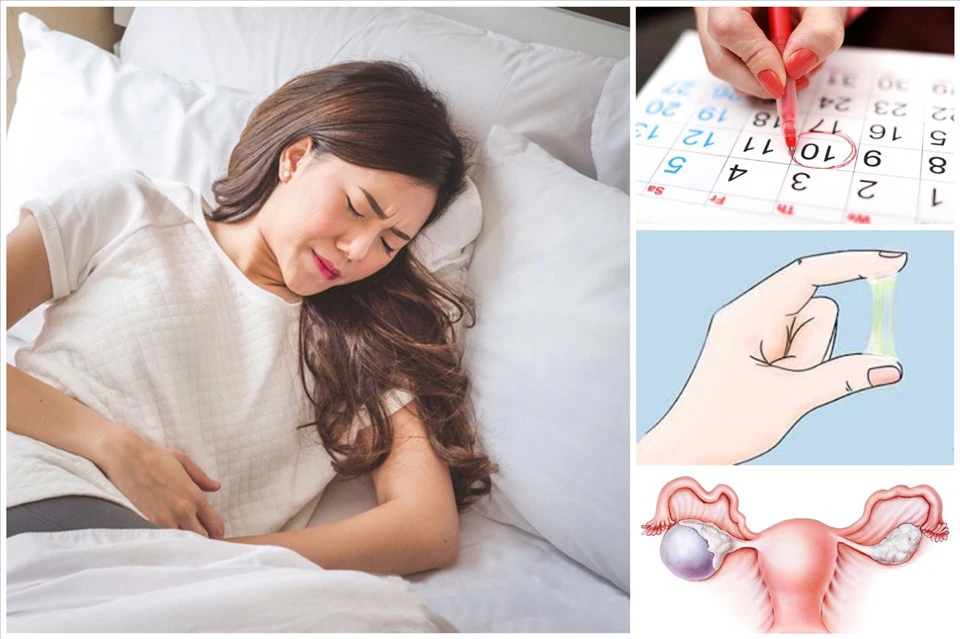
Signs of Gynecological Diseases that you need to know
Itching and Pain: One of the most common signs of gynecological diseases is itching and pain in the gynecological area. Pain may occur during urination or during sexual intercourse.
Unpleasant odor: An unpleasant or unusual odor from the gynecological area can be a sign of many different problems, including Candida or bacterial infection.
Swelling and Redness: Swelling and redness in the gynecological area can also be a sign of infection.
How to Prevent Gynecological Diseases
Proper personal hygiene: Maintain daily personal hygiene using mild soap and warm water. Limit the use of hot water and personal care products containing harsh chemicals.
Use protection during sex: Using protection such as condoms can help prevent the spread of sexually transmitted infections (STIs) and reduce the risk of infection.
Perform regular health check-ups: Regular check-ups for women are important for early detection of problems and timely treatment.
Exercise and healthy eating: Maintaining a balanced, nutritious diet and increasing physical activity can support the immune system and reduce the risk of disease.
Avoid using strong chemicals in the gynecological area: Limit the use of products containing strong chemicals such as scented soaps and intimate washes.

If there are any signs of gynecological disease, it is important to seek advice and treatment from a medical professional to ensure your health and prevent the problem from becoming serious, contact Dr. HARVARD Da Nang at 299 Dinh Nghe Street, Son Tra District, Da Nang City. To ask questions or make inquiries, please contact via WhatsApp at: +84931858579 to receive accurate advice from cosmetic surgery experts at Dr. HARVARD Plastic Surgery.
In addition, you will be examined and examined directly by cosmetic surgeon Vinh Nhan. Your surgical procedure is guaranteed to be safe and absolutely successful, accompanied by the care of a team of experts at Dr. HARVARD Da Nang.

